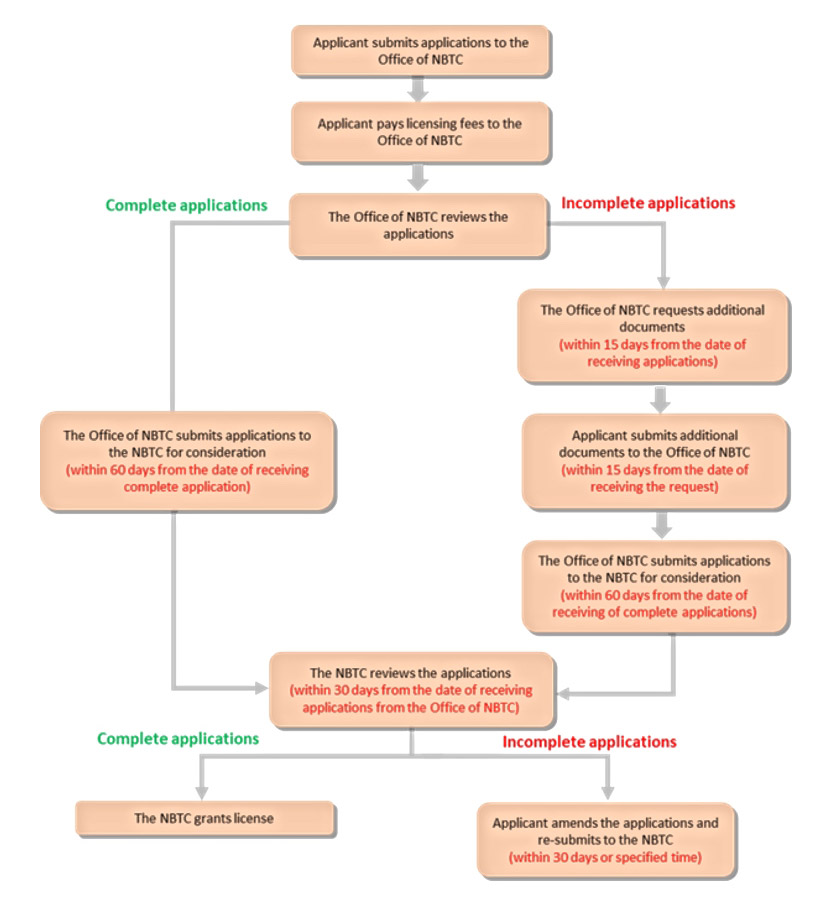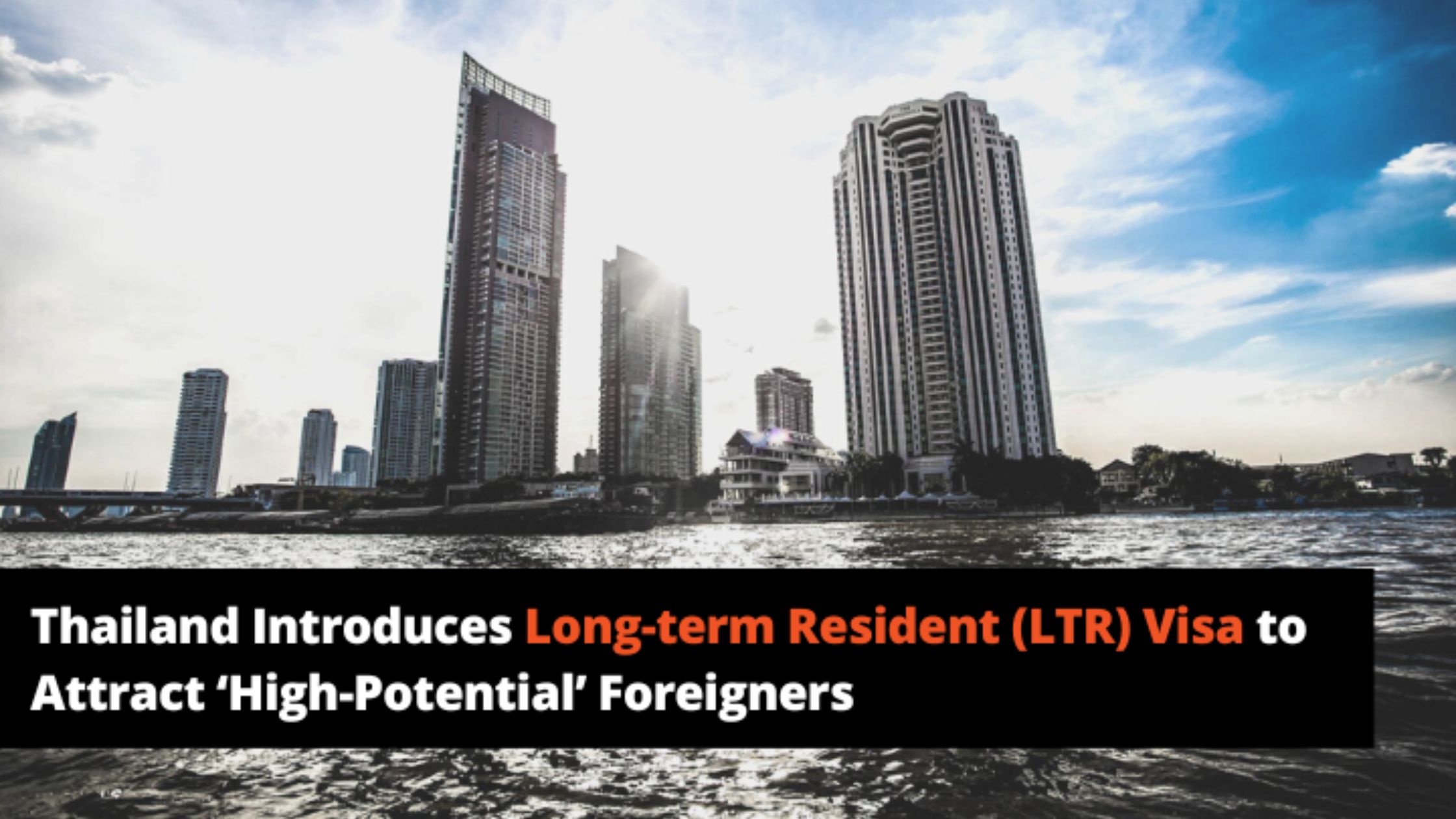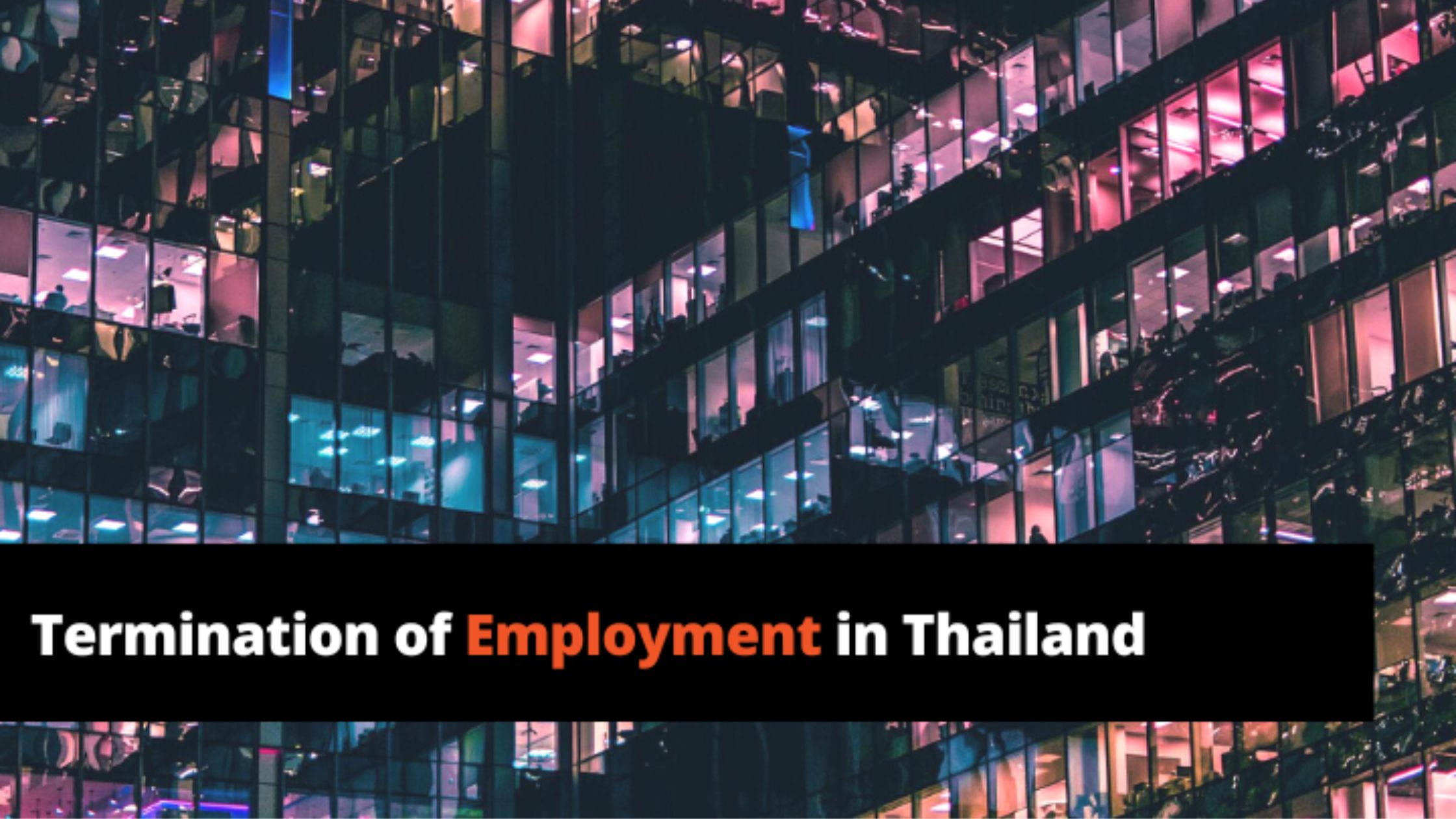
Due to the Covid-19 pandemic, the telecommunications business has not grown as substantially as anticipated. However, based on a forecast of the National Broadcasting and Telecommunications Commission (the “NBTC”), the business should have an opportunity to grow in the near future.
One of the rationales behind such forecast is that there are many competitive players operating in the telecommunications market in Thailand and those who are interested in participating in such market –including both state-owned and private, domestic players, and especially those international players.
Therefore, to welcome foreign telecommunications players to invest in Thailand, the Ministry of Commerce plans to exclude certain types of the telecommunications business from the list of foreign-restricted businesses under Thailand’s Foreign Business Act. That is, subject to a ministerial regulation through which such exclusion would be implemented, a foreigner (including a foreign-registered entity and a Thai-registered, foreign majority-owned entity) would be allowed to operate certain types of the telecommunications business without having to obtain a license or certificate under the Foreign Business Act. However, despite such exclusion, an operator of the telecommunications business still needs to obtain a Telecom License (as defined directly below) before operation, as required by the Telecommunications Business Act (the “TBA”), pursuant to which a foreigner is precluded from obtaining certain types of Telecom Licenses.
The scope of the telecommunications business is specified under the Organization to Assign Radio Frequency and to Regulate the Broadcasting and Telecommunications Services Act (the “NBTC Act”). The NBTC Act empowers the NBTC to regulate and supervise the telecommunications business in Thailand.
In addition to the NBTC Act, the TBA sets out regulations, requirements and conditions relating to the operation of the telecommunications business, including a requirement that, before operation, a service provider who wishes to engage in the telecommunications business in Thailand (i.e., an operator of a telecommunications business) must obtain a telecommunications business license (a “Telecom License”) which permits the intended operation.
Telecom Licenses
Under the TBA, there are three types of Telecom Licenses, which are categorized into Type 1, Type 2 and Type 3, based on functions and natures of service(s) provided to a service provider’s customers. Each type of Telecom License entails regulations, requirements and conditions with which a service provider must comply.
Set out below is a summary of key details of the three types of Telecom Licenses.
| Type 1
|
Type 2
Without Network |
Type 2
With Network |
Type 3
|
|
| Network Usage | Without Network | Without Network | With Network | With Network |
| Nature of Service | Set up on an independent basis | Providing service:
only to some specific groups of people; or |
Providing service:
only to some specific groups of people; or |
Providing service:
to the general public; which may cause negative effects on fair trade, competition or the public interest; or in the manner in which the consumer protection is required |
| Examples of Service | Internet Access Service
Wholesale Service |
Very Small Aperture Terminal (VSAT) | International Internet Gateway (IIG)
National Internet Exchange (NIX) |
Mobile Network
International Private Leased Circuit (IPCL) |
| Nationality of Applicant | Thai or foreigner | Thai only | Thai only | Thai only |
| Duration of License | As long as the licensee provides service | As long as the licensee provides service | As long as the licensee provides service | 15-25 years, depending on the service provided |
| Longstop Date for Commencement of Service after Obtaining License | 1 year | 1 year | 2 years | 2 years |
| Engineering Personnel Requirement | Optional | Optional | Optional | Required |
Process, Timeline and Fees for the Application of a Telecom License
Under the TBA, there are two procedures for applying for a Telecom License, which are (i) the “Automatic Licensing Procedure” and (ii) the “Regular Licensing Procedure”. Compared to the Regular Licensing Procedure, the Automatic Licensing Procedure entails fewer steps and, in turn, would consume less time. However, the Automatic Licensing Procedure is available only for any of the following telecommunications services:
- (i) a service without a service provider’s network
- (ii) a service provided by a service provider through its existing network, whether in whole or in part, without building any additional network specifically to provide such service
(both (i) and (ii) above, collectively, the “Eligible Services”).
Whether the application for a Telecom License is made for a Telecom License in Type 1, Type 2 or Type 3, any application for a Telecom License to operate an Eligible Service may be made through the Automatic Licensing Procedure. Conversely, any application for the Telecom License to operate any of the telecommunications services other than the Eligible Services will be made through the Regular Licensing Procedure.
The following charts summarize the process and estimated timeline for each of the Automatic Licensing Procedure and the Regular Licensing Procedure.
Automatic Licensing Procedure

Regular Licensing Procedure

Fees for a Telecom License vary from THB 5,000 to THB 10,000, depending on the type of the Telecom Licenses for which an applicant applies. Such fees exclude VAT, which is also payable by the applicant.
For more information, please get in touch with our Technology, Media and Telecoms (TMT) lawyers or alternatively, please contact the authors.
 |
Mayuree Sapsutthiporn
Partner |
 |
Chayakorn Boonsri
Associate |
Link: https://www.kap.co.th/telecommunications-business-in-thailand/




























 Kudun and Partners Limited
Kudun and Partners Limited Kudun Sukhumananda
Kudun Sukhumananda Troy Schooneman
Troy Schooneman





